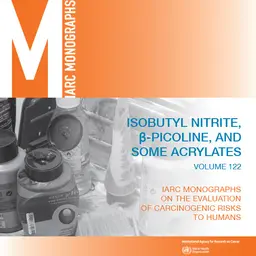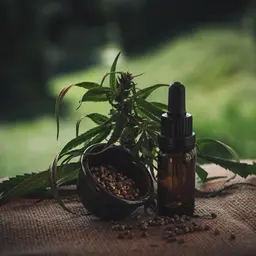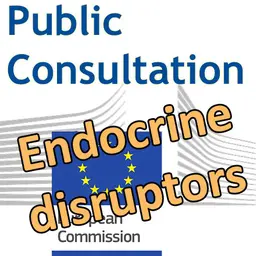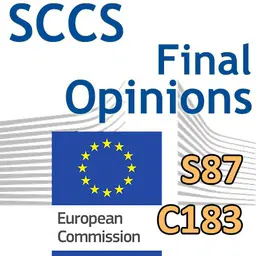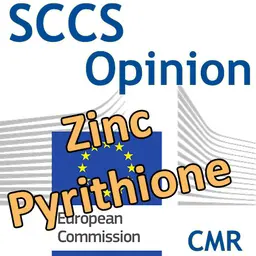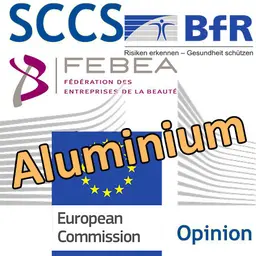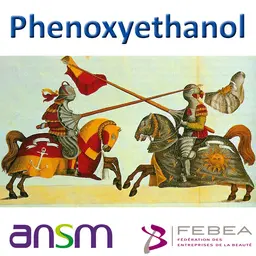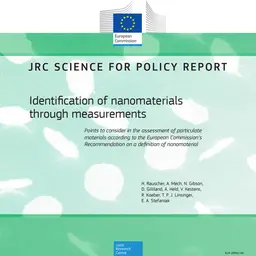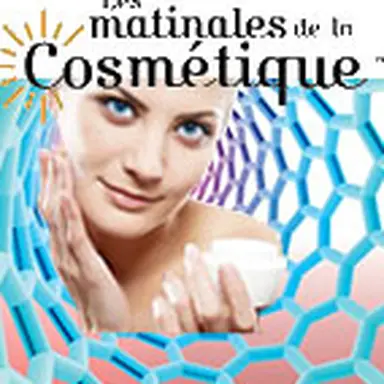
Obviously, nowadays, nanos are questioned: definition, notification, specific French declaration, safety, how consumers will understand the mandatory labelling… In 2013, for his lecture during the 33rd Morning Meetings on Cosmetics, Professor Philippe Piccerelle chose an emotional title. In fact, if the audience of this professional breakfast sees the risks, they were less ready to think of this topic as opportunities. And yet, what if?
The Morning Meetings on Cosmetics make professionals of the cosmetic world gather for a breakfast and a topical subject. And, if there is a topical theme, it is the one studied during this 33rd session, held on 22 February 2013.
Professor Philippe Piccerelle, a teacher in the Aix-Marseille (Southern France) University, in which he is the Director of the Laboratory of Industrial Galenic Pharmacy and Cosmetology, addressed the “nanos and cosmetics” topic. With the strong premise to present also all their advantages, though being more realistic than do-gooderistic.
Nanos and innovation
Considering the term and physics, a nanomaterial is a material whose size is less than a micrometer (i.e. 1,000 nanometers), in fact, between zero and 999 nanometers. They are often found in cosmetology, as solid or liquid (nano-emulsions, micellar systems, nanoparticles, carbon nanotubes…) items.
Nevertheless, after the regulation, nanos are defined as non-degradable, solid particles, less than 100 nm in size.
In cosmetics, the following is used:
• Nanoparticles: mineral powders (in sunscreens, or as texture adjuvant in emulsions), polymeric or semi-solid lipid nanoparticles, metallic powders (used also in medicines), carbon-based molecules (fullerens, nanotubes), complex molecular structures (used to deliver active ingredients)
• Nano-capsules
• Liposomes
• Dispersed liquid …




